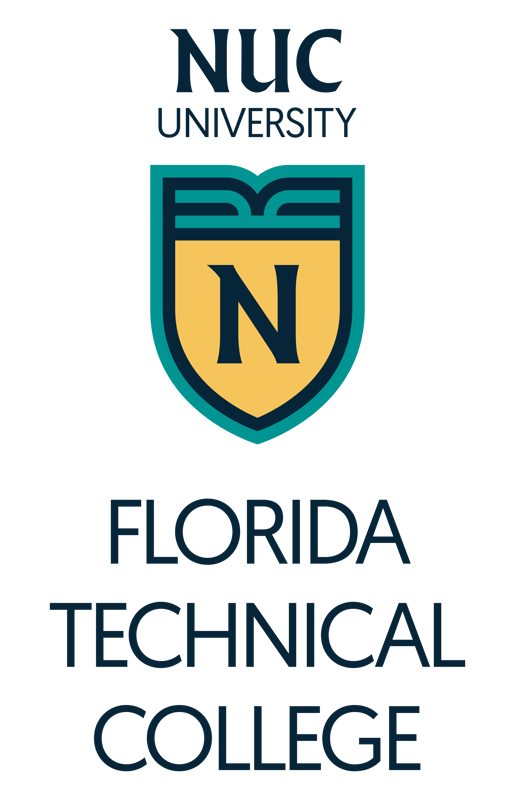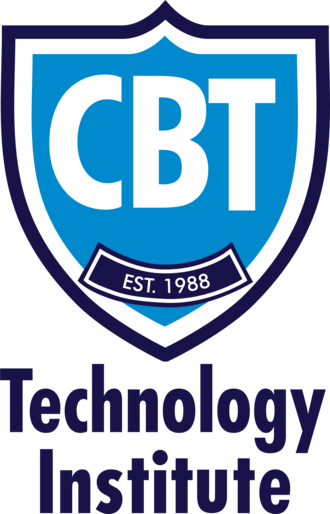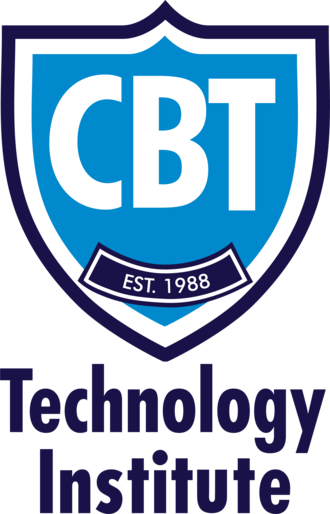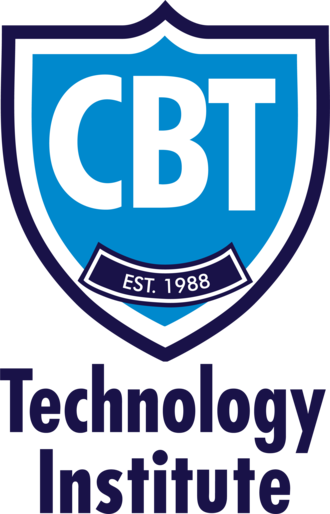
Financial aid (may be available)

Financial aid (may be available)

No cost info

Financial aid (may be available)

Financial aid (may be available)

Financial aid (may be available)

Financial aid (may be available)

No cost info

Financial aid (may be available)

Financial aid (may be available)

Financial aid (may be available)

No cost info
“The Dreambound platform is simple and easy to use. I am excited about making this new step.”
Takarra W
Miami, FL

Financial aid (may be available)
$1,815 total
No cost info

Program Overview
CBT Technology Institute's Air Conditioning, Refrigeration, and Heating Technology Associate Degree Program is tailored to prepare students for mid-level positions within the air conditioning, refrigeration, and heating industry. Our comprehensive program combines theoretical knowledge with hands-on training, covering critical aspects such as installation, basic design, maintenance, and repair of residential and commercial refrigeration, air conditioning, and heating systems. Graduates of this program will be well-prepared to pursue Journeyman Certification once they meet the requisite years of experience. It is strongly recommended to consult with an air conditioning advisor prior to registration to ensure the program aligns with your goals.
Certification Eligibility
Upon successful completion of our Associate Program, graduates become eligible to pursue Journeyman Certification, provided they meet the necessary requirements. This certification is a testament to your expertise and competence in the field.
Student Learning Outcomes
Students who successfully complete the Associate of Science in Air Conditioning, Refrigeration, and Heating Technology will possess a wide range of skills and knowledge in the HVACR industry, including the ability to:
Comply with OSHA Regulations: Apply specific and general OSHA regulations and adhere to procedures established by the EPA relevant to the HVACR trade.
Technical Service Proficiency: Execute technical service procedures for the proper installation, evaluation, maintenance, troubleshooting, and repair of air conditioning and commercial refrigeration systems using HVACR instruments and tools.
Wiring Diagram Interpretation: Read and interpret wiring diagrams to power and control HVACR systems, utilizing this skill for system installation and troubleshooting.
Air Distribution Systems: Size, install, test, balance, and troubleshoot air distribution systems, including constructing fiberglass board ducts and fittings.
Piping and Tubing Skills: Select and install HVACR piping, tubing, and fittings, incorporating techniques such as copper tubing brazing and other joining methods.
Construction Drawing Interpretation: Read and interpret construction drawings and specifications, applying them to install and complete takeoffs of HVACR systems.
System Design and Code Compliance: Apply industry-accepted procedures for HVACR system design while ensuring compliance with construction code requirements.
System Operation and Testing: Operate and test various types of commercial refrigeration and air conditioning systems, including their automatic control systems.
Project Estimation: Apply principles and techniques to estimate HVACR projects accurately.
Energy Efficiency Expertise: Perform energy audits in buildings and implement best practices for the installation, operation, and maintenance of HVACR systems to improve energy efficiency.
Ready to take the next step toward a successful career in HVACR? Contact CBT Technology Institute today and embark on a journey to professional excellence.
Financial aid (may be available)
No cost info

Program Overview
CBT Technology Institute's Electrical Technician Associate Degree Program is designed to equip graduates with the skills and knowledge required to embark on a rewarding career as electrical technicians. This program offers a comprehensive curriculum that includes instruction in the application of the National Electrical Code, interpretation of blueprints and specifications, installation procedures, and participation in tasks related to project changes, remodeling, and repairs.
Course Highlights
Our program covers a wide range of subjects, beginning with foundational topics such as Electrical DC circuits, AC Circuits, Blueprint Reading, and Electrical Materials. These initial courses provide a solid theoretical and practical groundwork for advanced subjects like Residential, Commercial, and Industrial Wiring. Graduates will gain a thorough understanding of motors and their controls, as well as proficiency in the analysis of commonly used Programmable Logic Controllers (PLCs) in the industrial sector. Additionally, the Photovoltaic Systems course will prepare graduates to design, install, and evaluate PV systems, covering aspects like site evaluation, installation requirements, and advantages, and disadvantages.
Certification Opportunities
Associate Program Graduates will have the opportunity to pursue County Certifications as Journeyman Electricians, Electrician Maintenance, and Master Electricians, provided they meet the necessary requirements.
Student Learning Outcomes
Upon completing the Electrical Technician program, students will be well-prepared to enter the field with the following capabilities:
OSHA Compliance: Accomplish specific and general OSHA regulations relevant to the electrical trade.
Blueprint Interpretation: Interpret blueprints, specifications, and technical diagrams effectively.
Wiring Proficiency: Install residential, commercial, and industrial wiring in compliance with the National Electrical Code.
Component Installation: Inspect and install electrical components, including transformers, motors, and various electrical equipment and devices.
Problem Identification: Identify electrical issues using a variety of testing devices, especially in low-voltage security systems.
Tool Proficiency: Select and operate power tools and hand tools efficiently.
Control Circuit Skills: Install and test control circuits using relay and PLC technology, with the ability to interpret electrical specifications and read blueprints.
Photovoltaic Systems: Design and install photovoltaic systems for renewable energy.
Project Estimation: Estimate electrical project costs and requirements accurately.
Smart Home Integration: Install and operate smart home technologies.
Start your journey in Electrical Technology today. Contact CBT Technology Institute to take your first step toward a promising career.
Financial aid (may be available)
The Carpentry program prepares students for careers in the construction industry. Graduates will be eligible to be employed as rough carpenters doing framing and formwork or as finish carpenters installing windows and doors using hand tools and power tools. Students will also be taught the basics of construction planning, management, finance and production skills.
No cost info
No cost info

Program Overview
The Electricity Technician Diploma program at CBT Technology Institute is specifically designed to prepare students for entry-level positions in the electrical industry. This comprehensive program blends theoretical knowledge with hands-on experience, allowing students to apply what they learn in real-world scenarios. The curriculum covers the fundamentals of electricity with a primary focus on residential wiring, ensuring alignment with the latest National Electrical Code guidelines. Additionally, students will gain essential skills in blueprint reading and technology related to low-voltage systems, including Fire Alarm Systems.
Certification Opportunities
Graduates of the Diploma Program will have the opportunity to pursue County Certifications as Journeyman Electricians and Electrician Maintenance, provided they meet the requisite requirements.
Student Learning Outcomes
Upon successful completion of the Electricity Technician Diploma program, students will have developed the following skills and knowledge:
OSHA Compliance: Demonstrated ability to comply with specific and general OSHA regulations relevant to the electrical trade.
Blueprint Interpretation: Proficiency in interpreting blueprints, specifications, and technical diagrams.
Wiring Proficiency: Skill in the installation of residential, commercial, and industrial wiring while adhering to regulations based on the National Electrical Code.
Component Installation: Competence in inspecting and installing electrical components, including transformers, motors, and various electrical equipment and devices.
Problem Identification: Capability to identify electrical problems using a variety of testing devices, particularly in low-voltage security systems.
Tool Proficiency: Proficient selection and operation of power tools and hand tools.
Embark on your journey as an Electricity Technician today. Contact CBT Technology Institute to take our first step toward a promising career in the electrical industry.
Financial aid (may be available)
The Heating, Ventilation, Air Conditioning and Refrigeration (HVAC/R) program at ASA is lab-based with almost every class meeting having a hands-on (learn-by-doing) approach where students train and work on actual air conditioning and refrigeration equipment. This lab allows students to gain experience in equipment installation, maintaining air conditioning units, troubleshooting equipment failures and refrigeration systems.
No cost info
$1,860 total